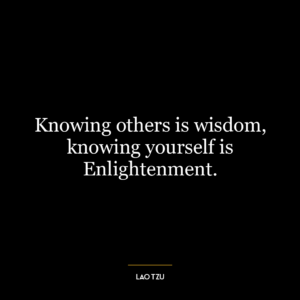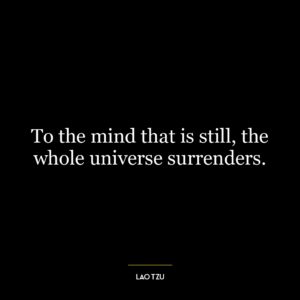Be the chief but never the lord.
“Be the chief but never the lord” is a profound statement that emphasizes the importance of leadership without dominance. It suggests that one should strive to be a leader who guides, supports, and inspires, rather than a figure who rules with an iron fist. The quote encourages a kind of leadership that is based on respect, not fear; on inspiration, not coercion; on collaboration, not command.
In the context of today’s world, this quote could be applied in various scenarios, from business environments to personal relationships. In a corporate setting, for instance, a manager who embodies this principle would be one who leads by example, fosters a positive work environment, and encourages their team to grow and develop. They would be a chief, steering the ship and providing direction, but not a lord who imposes their will without consideration for the team’s input or well-being.
In personal development, this quote may inspire individuals to lead their lives with integrity, kindness, and respect for others. It encourages people to take charge of their lives (be the chief), make decisions that align with their values, and strive towards their goals. However, it also reminds individuals not to impose their beliefs, values, or goals on others (never be the lord).
In essence, the quote is a reminder that true leadership is about influence, not power. It is about fostering an environment where people feel valued, heard, and inspired to do their best, rather than creating a hierarchy where people feel oppressed, unheard, and unmotivated. It’s a call for empathy, respect, and understanding in leadership roles, and a reminder that one’s role as a leader is to serve and support, not to dominate or control.















